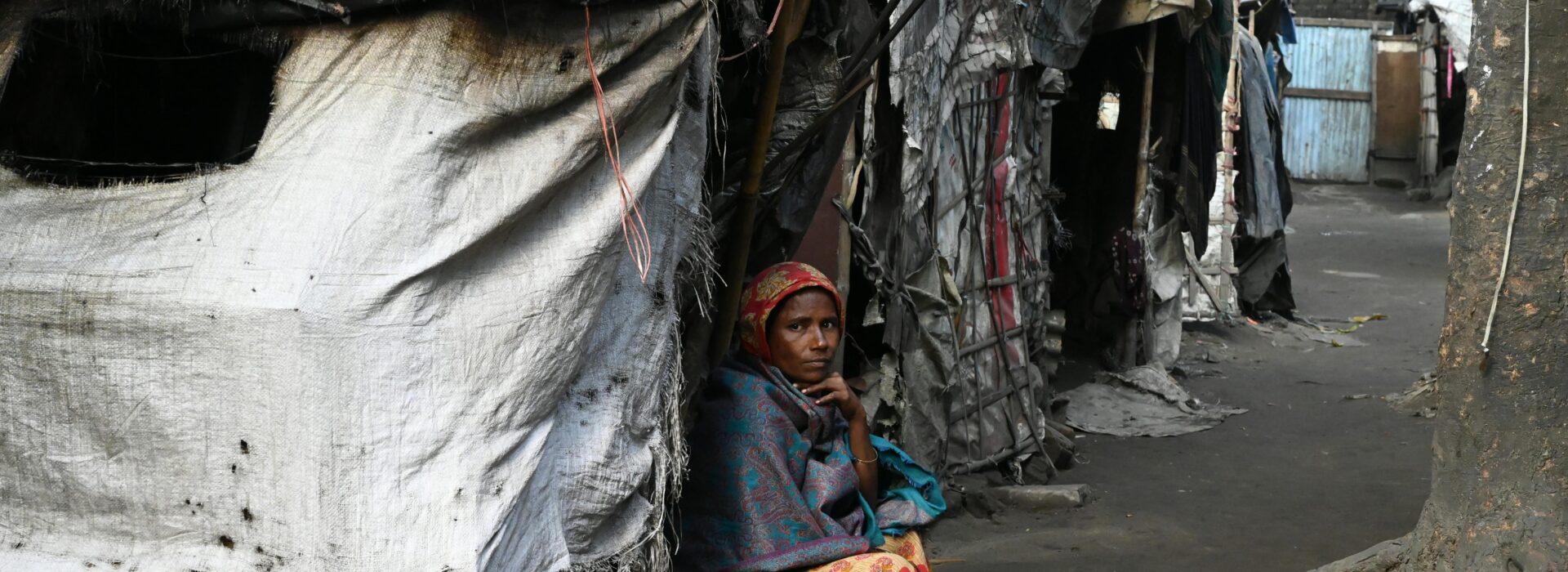Half a century ago, when the world was intoxicated by post-war economic expansion and technological optimism, E.F. Schumacher dared to ask an uncomfortable question: What if our relentless pursuit of growth is leading us toward catastrophe? His 1973 masterpiece, “Small is Beautiful,” challenged the fundamental assumption that bigger, faster, and more was inherently better. Today, as climate change accelerates and inequality widens, a growing movement of economists, activists, and thinkers are rediscovering Schumacher’s prescient warnings through the lens of “degrowth economics.”
Seeing Through the Growth Illusion
Schumacher understood what many still struggle to accept: infinite growth on a finite planet is not just impossible—it’s destructive. Long before the term “sustainability” entered mainstream vocabulary, he wrote, “The illusion of unlimited powers, nourished by astonishing scientific and technological achievements, has produced the concurrent illusion of having solved the problem of production.”
This illusion, Schumacher argued, blinds us to fundamental realities. We treat natural resources as income rather than capital, consuming the Earth’s stored wealth as if it regenerates indefinitely. We measure progress through Gross Domestic Product, a metric that counts pollution cleanup and crime as positive contributions while ignoring the depletion of forests, soil, and social cohesion.

Photo by on Pexels
Buddhist Economics: The Original Degrowth Framework
What modern degrowth advocates call “post-growth economics,” Schumacher articulated through his concept of Buddhist Economics. This wasn’t merely an academic exercise in comparative economic systems—it was a profound reimagining of what an economy should serve.
Buddhist Economics, as Schumacher described it, seeks the maximum of well-being with the minimum of consumption. This stands in stark contrast to conventional economics, which seeks the maximum of consumption with the minimum of effort. The difference isn’t semantic; it’s revolutionary.
Consider work, which Buddhist Economics views as fulfilling three functions: providing necessary goods and services, enabling humans to develop their faculties, and bringing people together in collaborative effort. Modern growth economics, by contrast, treats work primarily as a cost to be minimized through automation and efficiency gains, often leaving people feeling alienated from both their labor and their communities.
The Degrowth Echo Chamber
Today’s degrowth movement sounds remarkably like Schumacher speaking across the decades. Advocates like Tim Jackson, Kate Raworth, and Serge Latouche argue that wealthy nations must consciously reduce their material throughput while maintaining or improving quality of life. They call for shorter work weeks, local production, circular economies, and community-based solutions—all themes Schumacher explored in detail.
The parallels are striking:
On Technology: Schumacher advocated for “intermediate technology”—tools and methods that are environmentally sustainable, socially equitable, and democratically controllable. Degrowth economists similarly call for “convivial tools” that serve human needs without dominating human life.
On Scale: “Small is Beautiful” wasn’t just a catchy title—it was an economic principle. Schumacher believed that many problems stem from inappropriate scale, whether in technology, organizations, or settlements. Modern degrowth theorists echo this, advocating for relocalized economies and human-scale institutions.
On Consumption: Both traditions reject the equation of consumption with well-being. Schumacher wrote about “enoughness”—the recognition that beyond meeting genuine needs, additional consumption yields diminishing returns and may actively harm both individual fulfillment and social cohesion.
The Practical Vision
What makes both Schumacher’s philosophy and modern degrowth compelling isn’t just their critique of growth-obsessed economics—it’s their positive vision of alternatives. Schumacher didn’t advocate for poverty or technological regression. Instead, he envisioned prosperity redefined: communities where people have meaningful work, where technology serves human development, and where economic activity operates within ecological limits.
This vision manifests today in various forms:
Community Supported Agriculture embodies Schumacher’s vision of local, human-scale food systems that strengthen community bonds while reducing environmental impact.
The Transition Towns movement applies Schumacherian principles to community resilience, helping localities reduce dependency on global supply chains while building social capital.
Cooperative businesses reflect his belief that enterprises should serve their communities rather than distant shareholders, prioritizing social and environmental benefits alongside financial sustainability.
Local currency systems demonstrate how money can serve community needs rather than extractive financial institutions, keeping wealth circulating locally.
The Wisdom of Restraint
Perhaps Schumacher’s most radical insight, now central to degrowth thinking, is that restraint can be liberating. In a culture that equates freedom with unlimited choice and consumption, this seems counterintuitive. Yet Schumacher understood that genuine freedom requires the wisdom to choose what is enough.
This doesn’t mean asceticism or deprivation. Rather, it means recognizing that beyond a certain point, additional material wealth becomes a burden rather than a benefit. Time spent earning money to buy things we don’t need is time not spent on relationships, creativity, contemplation, or community engagement—the activities that actually contribute to human flourishing.
Obstacles and Opportunities
Both Schumacher’s era and ours face similar obstacles to implementing these ideas. Entrenched interests benefit from growth-dependent systems. Cultural narratives equate progress with expansion. Political structures reward short-term thinking over long-term sustainability.
Yet today’s crises—climate change, biodiversity loss, rising inequality, and widespread alienation—create unprecedented openness to alternatives. The COVID-19 pandemic demonstrated that rapid economic transformation is possible when circumstances demand it. Climate activism has brought environmental limits into mainstream discourse. Rising mental health challenges, especially among young people, suggest that material prosperity alone doesn’t guarantee well-being.
The Path Forward
Schumacher believed that transformation begins with individuals and communities, not with grand political gestures. He advocated for what we might now call “prefigurative politics”—living the change we wish to see, demonstrating alternatives through example rather than waiting for systemic transformation.
This approach aligns perfectly with contemporary degrowth strategies: building alternative economic institutions, practicing voluntary simplicity, supporting local businesses, choosing meaningful work over maximum income, and cultivating communities based on mutual aid rather than competitive consumption.
A Living Philosophy
What makes Schumacher’s insights so relevant to modern degrowth movements isn’t just their analytical accuracy—it’s their holistic vision. He understood that economic systems aren’t merely technical arrangements but expressions of deeper values and beliefs about human nature, our relationship with the natural world, and what constitutes a life well-lived.
The degrowth movement inherits this understanding. It recognizes that creating a sustainable economy requires not just new policies or technologies but a fundamental shift in consciousness—from seeing ourselves as separate from nature to understanding our interdependence, from pursuing individual maximization to seeking collective flourishing, from treating the future as a resource to be exploited to regarding it as a trust to be preserved.
As climate impacts intensify and social fractures widen, Schumacher’s half-century-old warnings feel less like historical curiosities and more like urgent contemporary wisdom. The degrowth movement represents not just an echo of his ideas but their evolution and application to current challenges.
The question Schumacher posed remains as relevant as ever: Will we choose the wisdom of limits, or will limits be imposed upon us by ecological collapse and social breakdown? The degrowth movement suggests that choosing wisely is still possible—but only if we have the courage to embrace what Schumacher knew all along: that in a world of finite resources, true prosperity lies not in having more, but in needing less.












